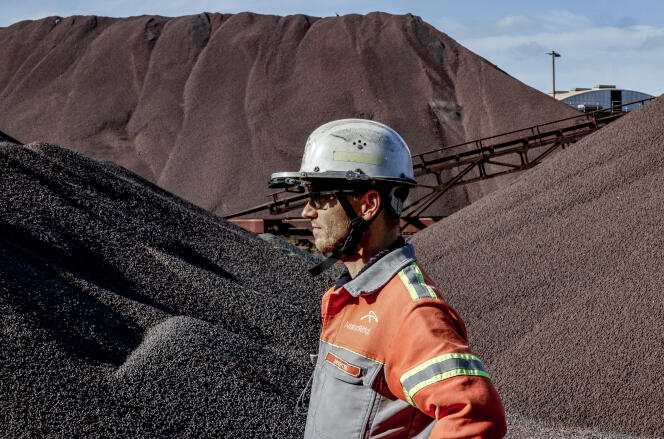
Ihe old dream of the hidden gold of the oceans resurfaces. The Norwegian government announced Tuesday, June 20 that it plans to carry out mining in the marine continental shelf which extends from the north of the country to the Svalbard archipelago. A vast expanse of the North Sea that spans 280,000 square kilometres, half the size of France. Engineers have detected potentially considerable deposits of copper, manganese, cobalt, rare earths and other so-called “critical” ores. They are, in fact, essential to the success of the energy transition since they constitute the heart of electric motors, batteries or solar panels.
Norway, which has already saved Europe from its dependence on Russian gas, intends to play the same role with these metals which for the moment are mainly exploited in China. This country thus supplies 90% of the world’s rare earth needs and, thanks to its mastery of the value chain, holds two-thirds of the market for batteries and practically as much for solar panels.
Shield Raises
In the wake of the consequences of the Russian-Ukrainian conflict and the growing tensions between the United States and China, all Western countries are engaged in a race for mineral independence. Europe has drawn up its plan, America is reopening its mines, and Australia, but also Indonesia and Chile, are offering their services to the whole world. Even France examines its basement and works on lithium extraction projects, making up most of the batteries.
Norway, in search of post-oil diversification, and neighboring Sweden are naturally positioning themselves in this niche. But two problems arise. On the one hand, the mining of the oceans is for the moment rejected by many countries and by environmental associations, especially when it comes to the fragile Arctic waters. On the other hand, it is not only the extraction that poses a problem, but also the refining of ores, which is extremely polluting, especially for rare earths.
It is in this way that China, poor in critical metals, conquered its domination. Each attempt comes up against, and not only in Western democracies, the public’s outcry. And China does not hesitate to blow on the embers. Who will replace her by agreeing to get her hands dirty is therefore still an open question.



